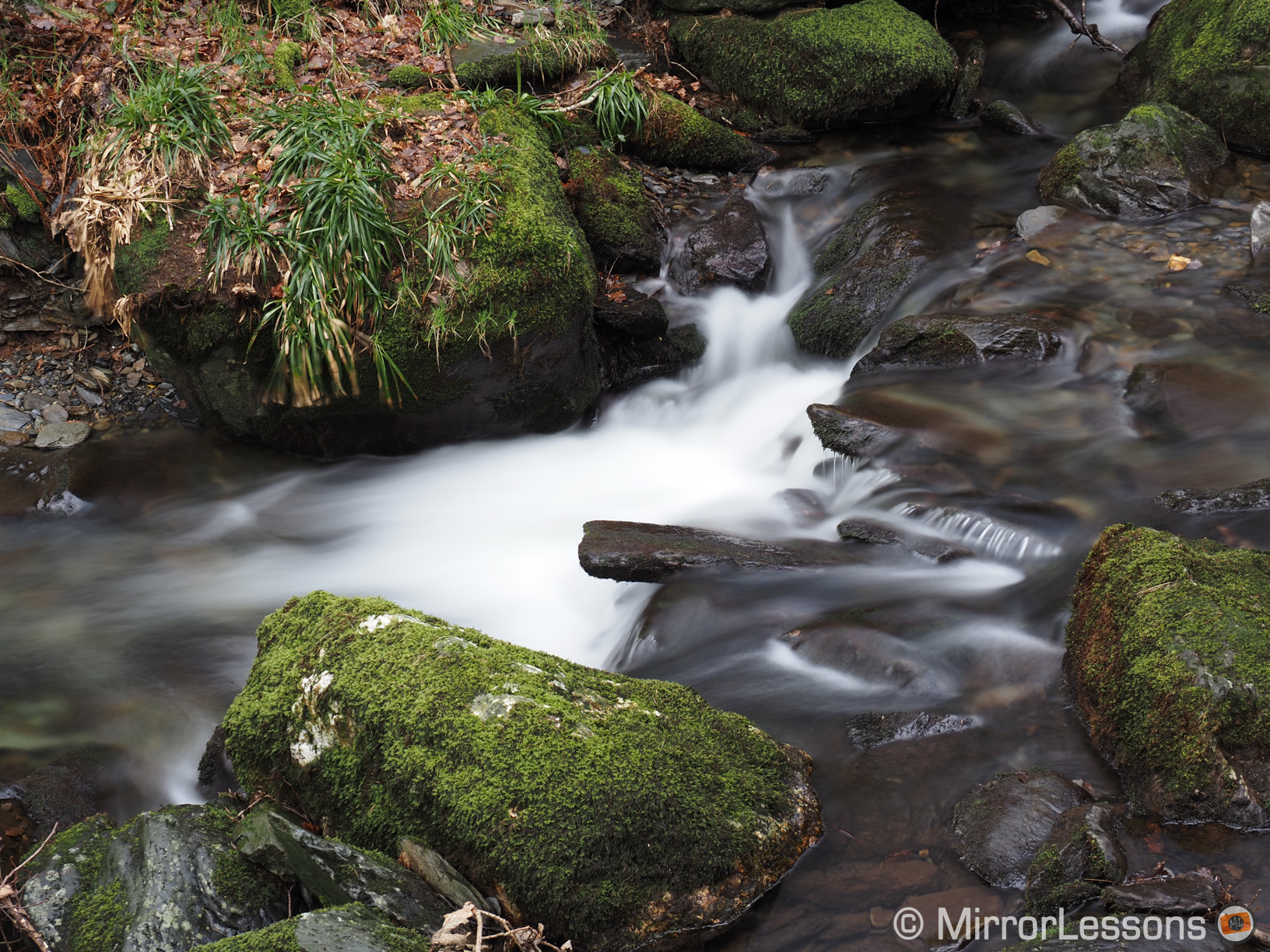

- #Iridient developer for olympus review iso
- #Iridient developer for olympus review professional
- #Iridient developer for olympus review series
- #Iridient developer for olympus review free
My advice is to first decide on your budget and then buy the newest X100 you can afford.
#Iridient developer for olympus review series
Which X100 camera should you buy? Well, the thing about the Fuji X100 series is that every single model in the series is fantastic.
#Iridient developer for olympus review professional
The X100V has been the recipient of numerous awards in the photography press, and has successfully convinced the world that the X100 is a true professional photographer’s camera.

#Iridient developer for olympus review iso
Some of the standout features include Fuji’s advanced image processor, built-in ISO dial (a friendly addition for us film camera fans), a more potent battery, an improved 425-point autofocus system, and numerous film simulation modes. This camera is naturally the most advanced X100 yet, packing a 26.1 MP sensor into the traditionally compact X100 series body, as well as introducing a veritable cornucopia of new improvements. Most interesting to film lovers might be the addition of the “Classic Chrome” film simulation. The third model, the X100T, retain the sensor, lens, and core functionality of the previous model, but improve on the X100S in incremental ways. The X100S refined the user interface and ergonomics while replacing the original X100’s excellent 12.3 MP CMOS sensor with a 16.3 MP Fuji X-Trans CMOS II. Since the release of the original X100 (actually called the FinePix X100 – all later cameras dropped the FinePix nomenclature) Fuji has released three additional X100 models. They feature a traditional optical viewfinder (with a decidedly trick hybrid electronic viewfinder system), they have classic physical controls for shutter speed, aperture, and more, just like film cameras of the past, and they all feature a number of “Film Simulation” modes which reproduce the look of classic Fujifilm emulsions.

They all look and handle like the classic compact or rangefinder cameras that film-shooting street photographers lust over (think Canon’s Canonet or even Leica’s M series).

The original X100 and subsequent models in the series are such great cameras for people who love film because they’re all characterized by some very “film camera-like” features. In an early 2011 writeup, DPReview described the X100 as “…a firm favorite in the dpreview offices.” Adding that “Its drop-dead gorgeous looks and excellent build make it a camera that begs you to pick it up and take it out with you,” and later describing the image quality of its 12.3 MP APS-C sized CMOS sensor as “…nothing short of superb.” When the original Fujifilm X100 debuted at Photokina in late 2010, it made a massive splash.
#Iridient developer for olympus review free
We have a great online selection at the lowest prices with Fast & Free shipping on many items! Fujifilm X100 Series Get the best deals on mirrorless digital cameras at. The writers and I decided to sit down and brainstorm which five digital cameras currently selling today are best for those of us who love film cameras. It’s also hard to argue against the speed and efficiency of the digital workflow (there’s a reason all of the product shots here and in my camera shop are made with digital machines, after all). While many digital cameras seem bland and, as stated, disposable, there does exist a handful of really phenomenal digital cameras that not only make amazing images, but also feel like the classic mechanical cameras that we love so dearly. Film cameras are creations from a time when physical mechanisms drove the world, and it’s rare to find such haptic joy in the modern era in which consumer goods are often thought of as disposable, or at least inevitably replaceable.Īll of that said, there’s no denying that we also love certain digital cameras. But I think most of the writers here appreciate and maybe even prefer film cameras for one very specific reason – they feel incredible. We love film cameras for many reasons notably their historical significance, their ability to make world-class images, and their low cost compared to their digital counterparts.


 0 kommentar(er)
0 kommentar(er)
